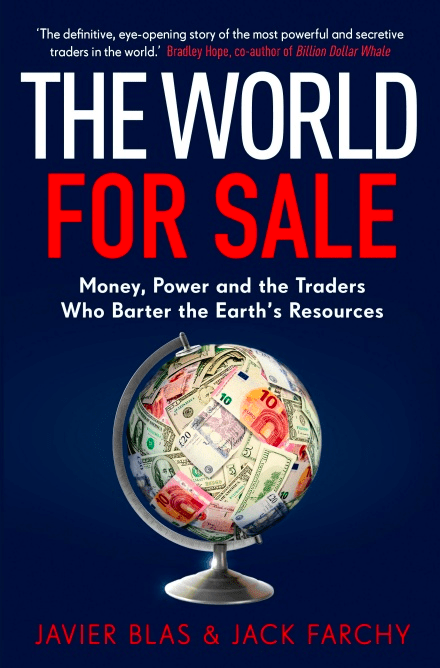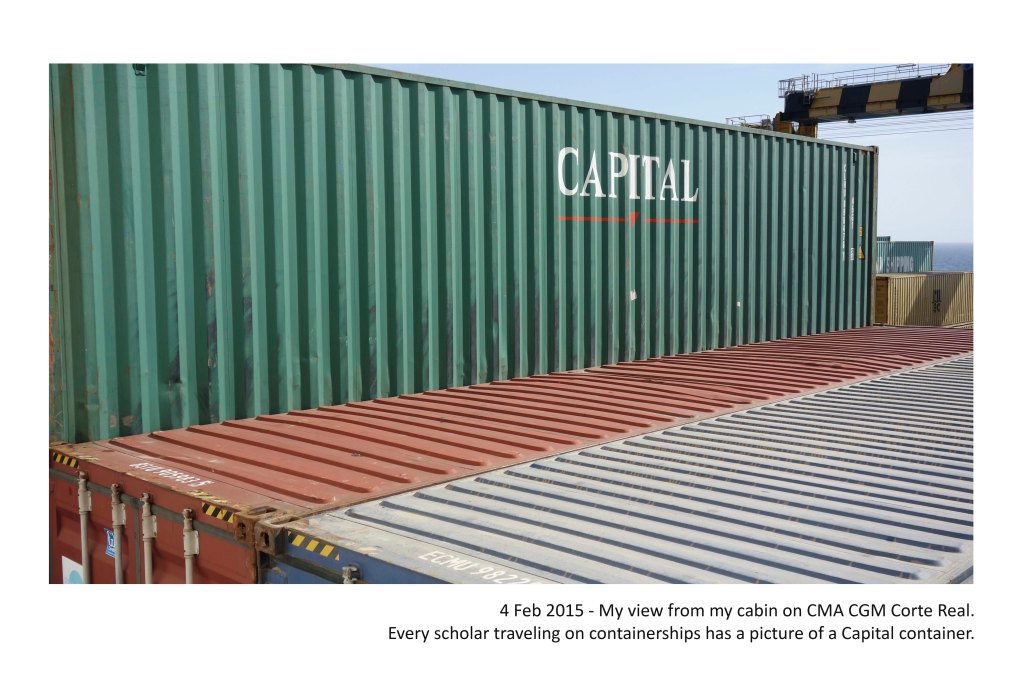I reviewed Javier Blas and Jack Farchy’s fabulous book on Commodity Traders:
https://www.lrb.co.uk/the-paper/v43/n18/laleh-khalili/how-to-get-rich
Extract:
When ghana’s first president, Kwame Nkrumah, published Neo-Colonialism: The Last Stage of Imperialism in 1965, it was already clear that the newly independent states were going to have to fight to be allowed to be economically self-sufficient. ‘Decolonisation,’ Nkrumah wrote,
“is a word much and unctuously used by imperialist spokesmen to describe the transfer of political control from colonialist to African sovereignty. The motive spring of colonialism, however, still controls the sovereignty. The young countries are still the providers of raw materials, the old of manufactured goods … Colonialism has achieved a new guise … And neo-colonialism is fast entrenching itself within the body of Africa today through the consortia and monopoly combinations that are carpetbaggers of the African revolt against colonialism.”
The new markets for primary commodities were engineered by those carpetbaggers, the merchants and traders who took advantage of the desperation of newly decolonised and impoverished states which were rich in commodities. Rich cultivated relationships with the conservative government in Jamaica, offering much needed oil in return for shipments of bauxite and even advancing cash to repay Jamaica’s IMF loan. The arrangement led in 1985 to a ten-year contract whereby Jamaica sold alumina to Rich + Co at 25 per cent below market price. A profitable trade followed: he supplied this cheaply bought commodity to Jamaica’s smelters and received finished aluminium products. With Jamaica on the verge of economic collapse, its politicians were grateful for this daylight robbery.
George Monbiot of the Guardian quoted from this piece here:
As Laleh Khalili explains in the London Review of Books, the extractive colonial economy never ended. It continues through commodity traders working with kleptocrats and oligarchs, grabbing poor nations’ resources without payment with the help of clever instruments such as “transfer pricing”. It persists through the use of offshore tax havens and secrecy regimes by corrupt elites, who drain their nation’s wealth then channel it into “English funds”, whose true ownership is hidden by shell companies.


